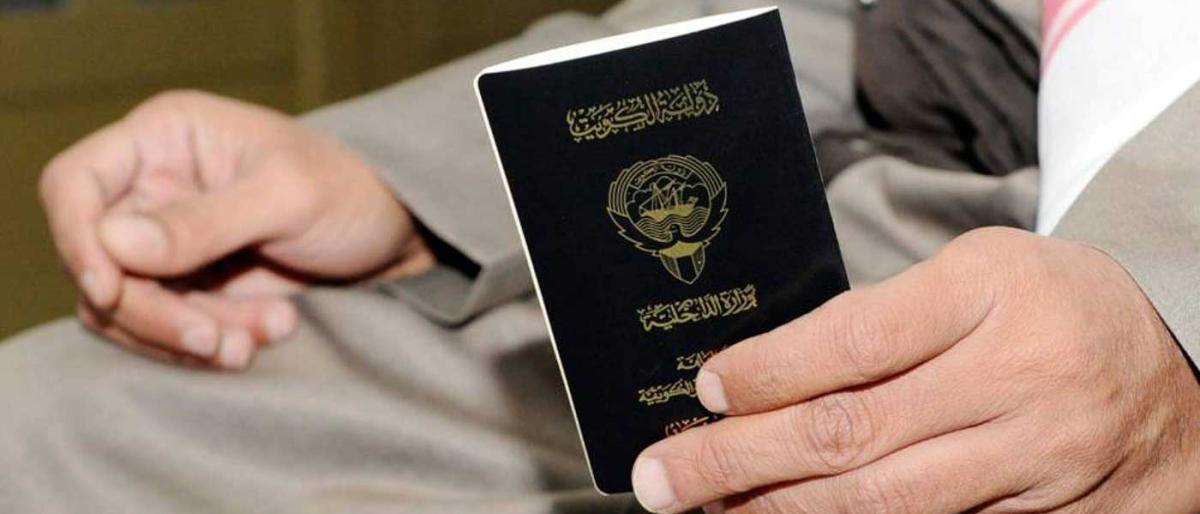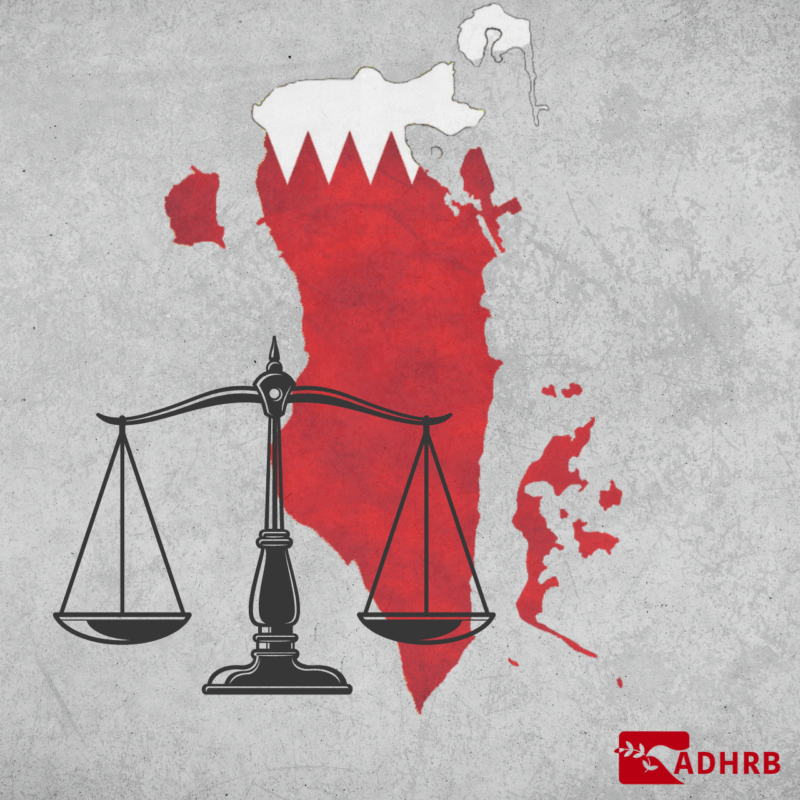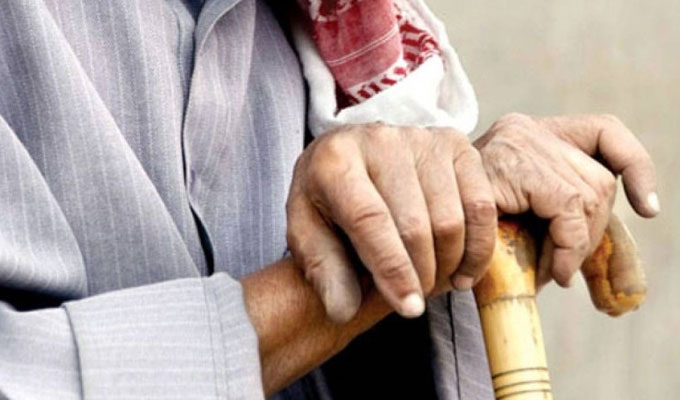The right to nationality is a human right that cannot be disputed. Despite this, Kuwait uses punitive citizenship revocations as a tool for repression. The 1959 Kuwaiti Nationality Law broadly legislates that the state has discretionary powers to withdraw citizenship. This law has been used to arbitrarily revoke the citizenships of dissidents and ethnic minorities[…]
The recent forced labor complaint against the Saudi Arabian government by the Building and Wood Workers’ International Union (BWI) underscores significant concerns about the treatment of migrant workers under the country’s Vision 2030 plan. This action by the BWI, representing 12 million members, serves as a stark warning to Saudi authorities, businesses, and investors about[…]
The United Arab Emirates (UAE) has recently launched an extensive campaign to silence opposition, marked by a stark disregard for justice and human rights. This crackdown includes a series of arrests, summonses, and deportations targeting individuals who criticize Israel’s actions in Gaza, blatantly violating the right to freedom of speech. This disturbing trend continues the[…]
On 8 April 2024, a royal decree was issued pardoning 1,584 prisoners, including several political prisoners. At first glance, the decree was considered a progressive reform in response to human rights demands aimed at improving the country’s dire rights situation. However, the step was incomplete, revealing that it was merely a means for the regime[…]
The Middle East is home to a diverse and dynamic population, with a rich cultural heritage and a rapidly evolving socio-economic landscape. However, amid these changes, the rights of older people often receive insufficient attention. In Bahrain, the plight of older citizens presents a pressing issue that demands urgent action. Older people in Bahrain often[…]









